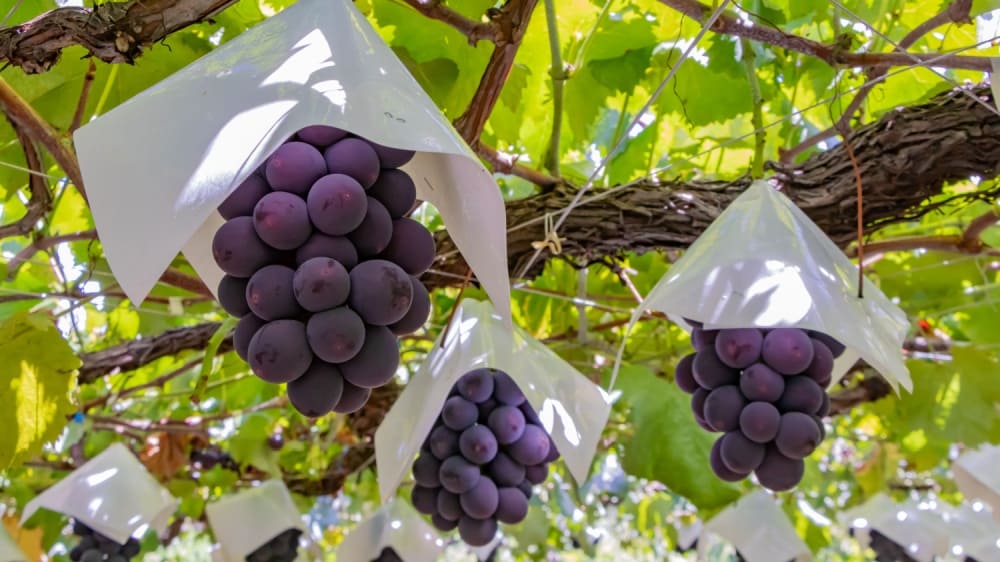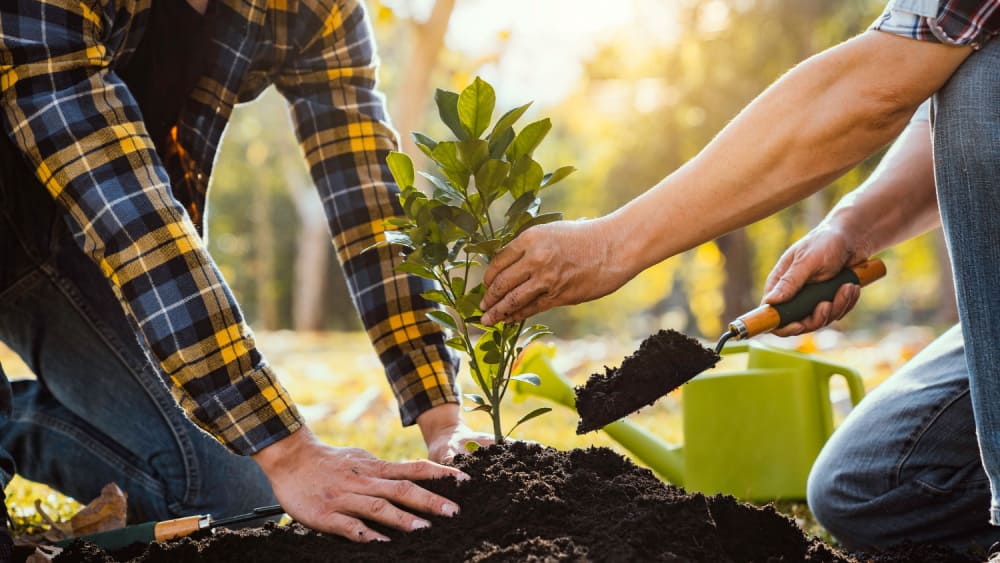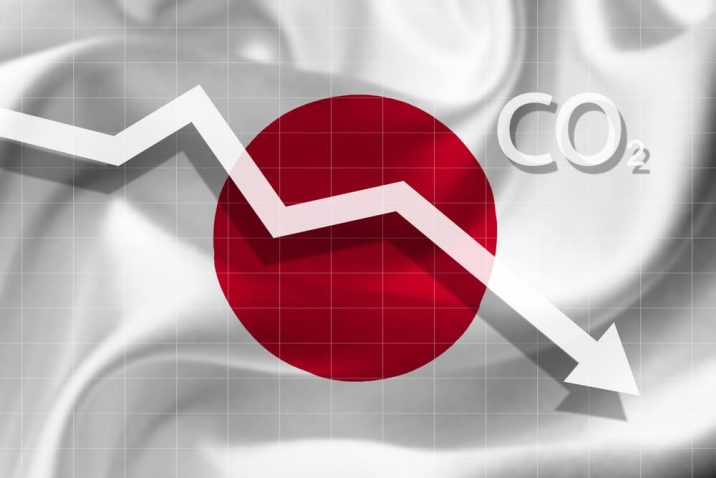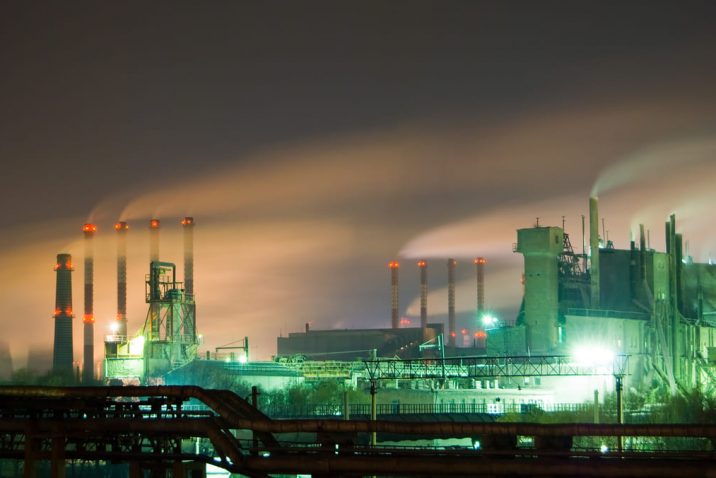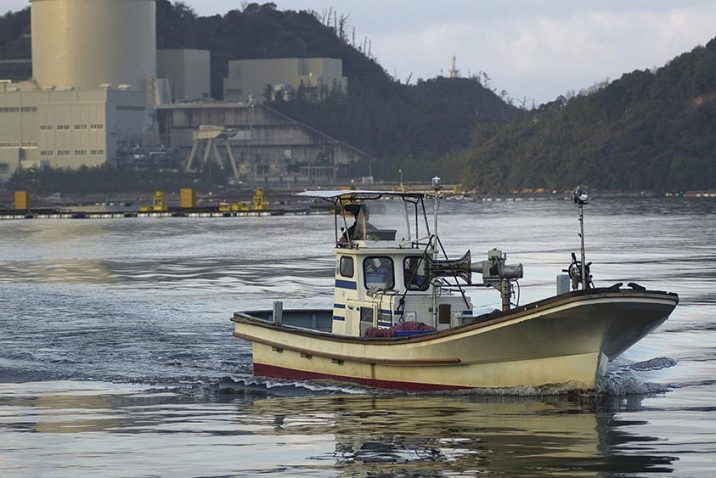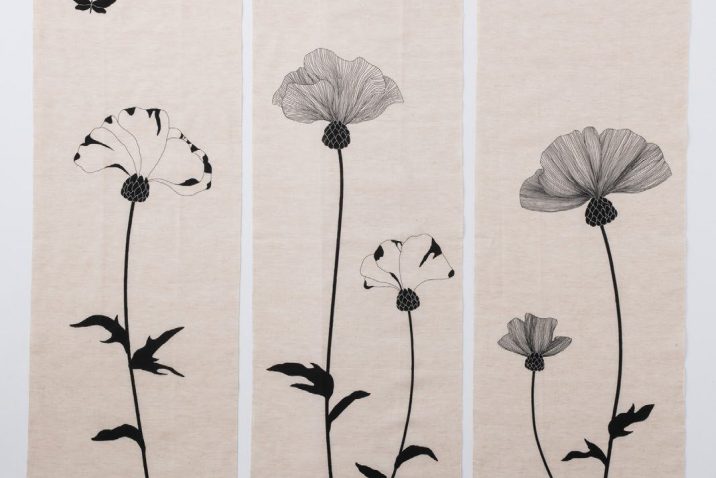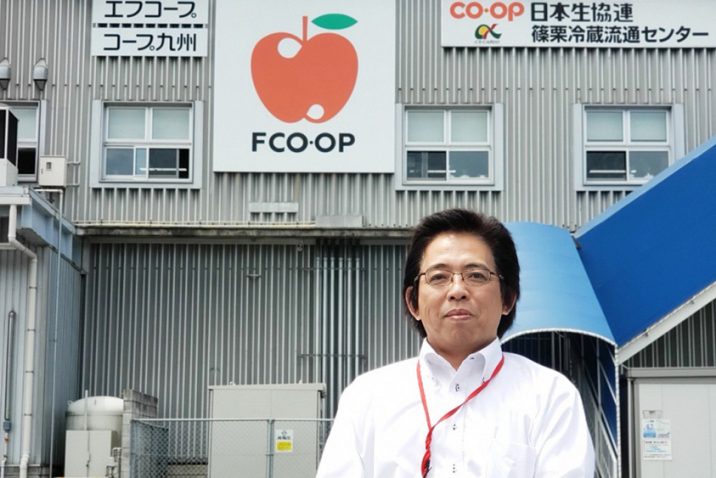Japanese people have long loved fall as the harvest season, satisfying their appetites with seasonal flavors, especially fruits. Even today, they eagerly participate in activities celebrating the taste of fall. In honor of the upcoming SDGs Week...
The tourism approach known as “dark tourism,” which confronts the sad and heavy history of mankind, such as war, disasters and social discrimination, is receiving attention worldwide. In Fukushima Prefecture, which experienced an unprecedented...
It’s been 12 years since the magnitude-9 earthquake and 40-meter (130-feet) high tsunami hit northern Japan in March 2011. Prolonged evacuation is finally ending in Fukushima around the flooded nuclear facilities. Unfortunately, these deadly...
As climate change worsens and we continue to feel its impact, it is crucial to build a proper roadmap to combat the crisis. Global warming has gotten more attention, with countries worldwide making their own plans to deal with it. Japan is no...
More than ten years have passed since the disaster at the Fukushima Daiichi nuclear power plant. It was triggered by a magnitude 9.0 earthquake and tsunami, which killed nearly 20,000 people. The second-worst nuclear disaster in history caused...
Avoiding the worst effects of climate change means Japan and other countries must transition away from fossil fuels to alternative energy sources. There has been a bigger push for green energy such as wind and solar. However, there are also...
Safety concerns are the main factor of the public image of nuclear power. This is not only limited to its underdeveloped waste management system but also traumatic nuclear accidents in the past. Nuclear waste can stay active for hundreds of...
Japan is notably vulnerable to natural disasters due to its climate and volatile geography. September 1 is designated annually as Disaster Prevention Day. Many disaster prevention training exercises take place nationwide during the week around this...
Organic cotton is one of the most sustainable fabrics around, as it is produced without the use of toxic chemicals. This means it leaves less of an environmental footprint compared to conventional cotton. Cotton farmers also benefit from its...
In recent years, the concept “sharing economy” has spread gradually spreading in Japan. It’s an idea where individuals and companies mutually share their idle resources, thereby circulating and building the economy efficiently, in a wasteless...


